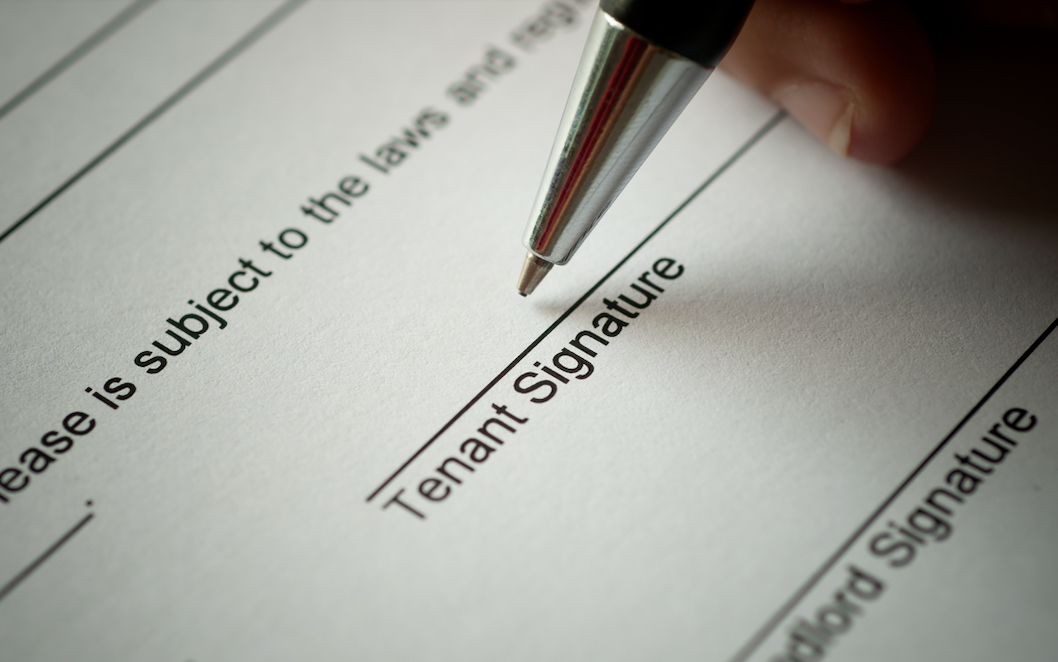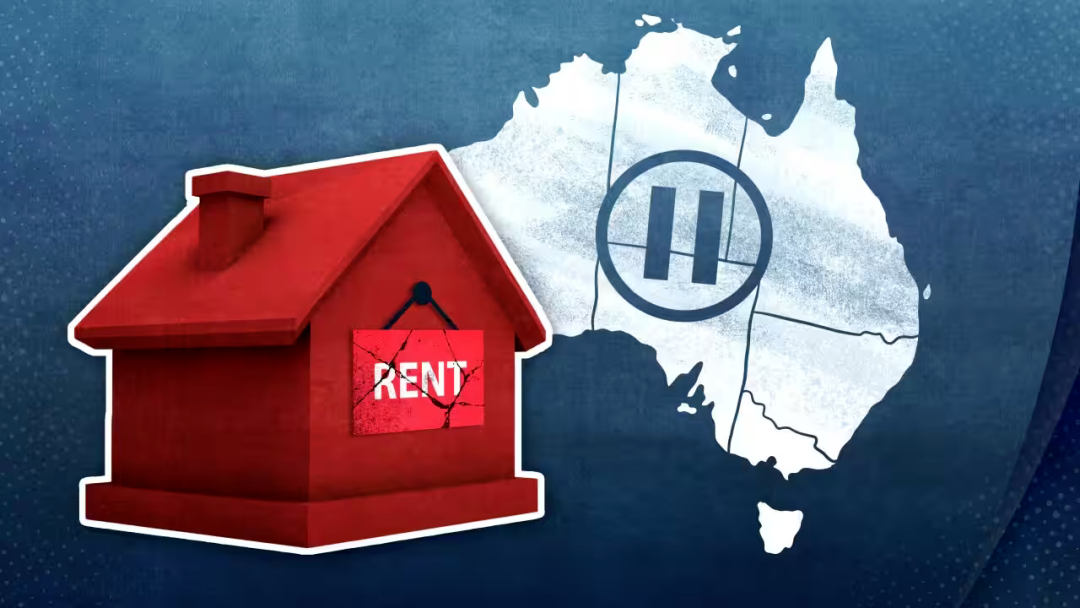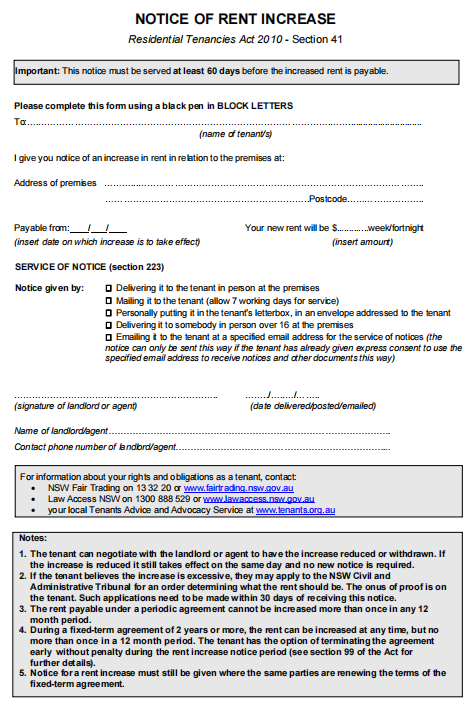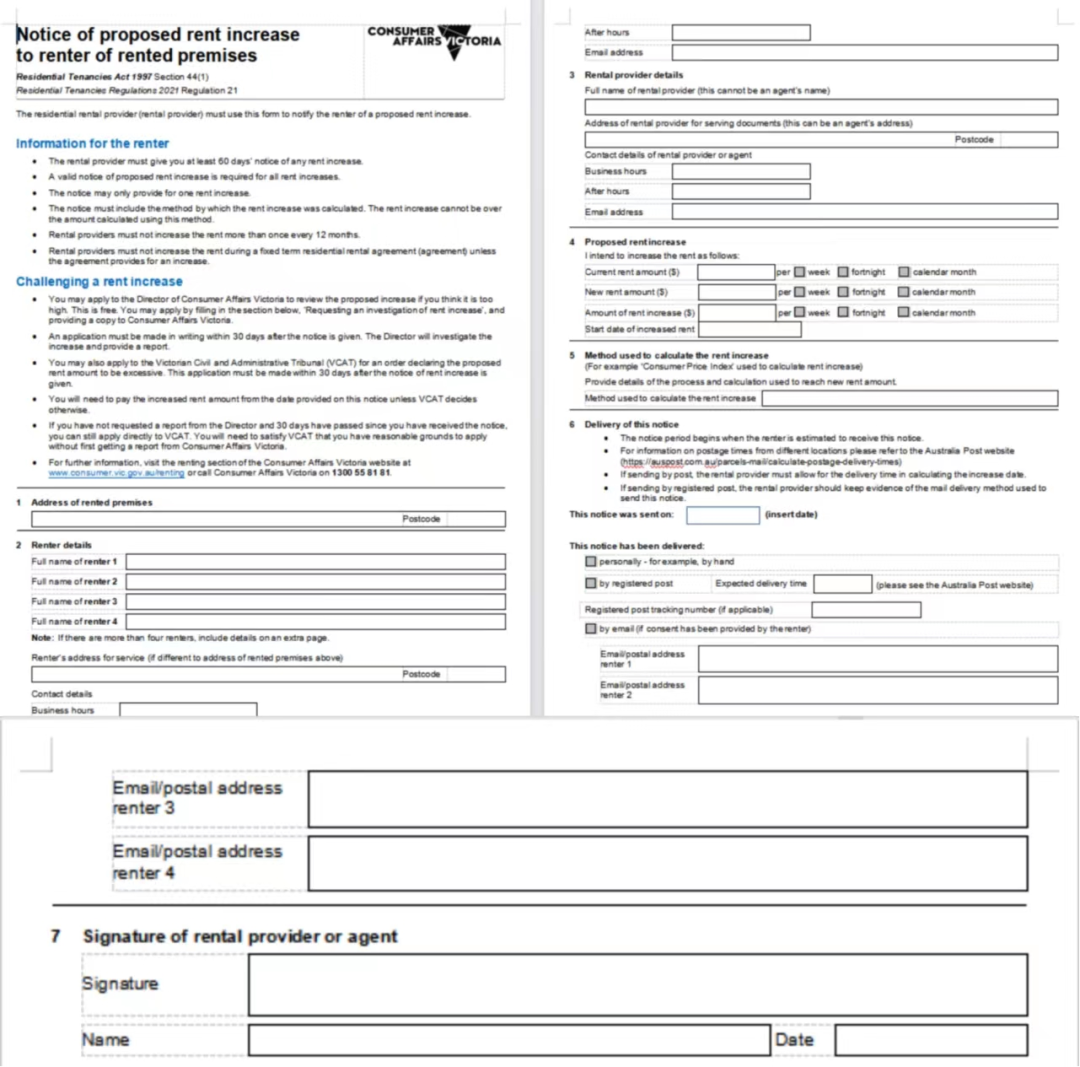Huixiang Research
[Australian Law Answers] Can the landlord raise the rent at will when renting a house in Australia?
2023-08-23
Due to the Federal Reserve Bank of Australia (Reserve Bank of Australia, RBA, or "Australian Federal Reserve") since May 2022 nearly ten consecutive interest rate hikes, as well as the continued increase in overseas people to study in Australia to invest, Sydney rental housing was once difficult to find. Especially during the period from February to April 2023, housing rents in Sydney and Melbourne showed signs of recovery to varying degrees, and housing rents continued to increase. Rent is also one of the main costs of living for international students, so can landlords raise their rents as they please while renting in Australia? Today we will take NSW New South Wales (hereinafter referred to as NSW) and VIC Victoria (hereinafter referred to as Victoria) as examples to explain them briefly.
Types of Lease Agreements
First, in NSW and Victoria, there are two types of lease agreements: fixed-term Agreement and indefinite leases (Periodic Agreement).
• Fixed-term lease (Fixed-term Agreement): Most landlords prefer to sign a lease for a period of 6 months to 2 years. This kind of lease is called a fixed-term lease. The lease stipulates the lease term, rent, maximum number of people (a room cannot exceed 2 unrelated adults), and the terms and conditions to be observed by all kinds of intermediaries and tenants.
Indefinite lease (Periodic Agreement): The lease agreement generally has only the beginning time, but the end time is uncertain. According to the periodic lease agreed between the landlord and the tenant, there is no fixed term.
In addition, in NSW and Victoria, after the term lease expires, the tenant will automatically generate an indefinite lease with the landlord unless the tenant signs a new term lease with the landlord.

Rent increase provisions of different lease agreements
[Fixed-term Agreement]]
New State
-If the fixed term of the term lease is less than 2 years, the landlord can only increase the rent during the fixed term if the amount of the increase and the calculation method of the rent at the time of the increase are clearly agreed in the lease agreement (e. g. in US dollars or percentages, but not "in accordance with the laws of the market" or "in accordance with the rate of inflation"). At this time, the landlord does not need to give the tenant a written notice of the rent increase.
However, if the term lease is 2 years or more, the landlord can only increase the rent once a year, and the landlord shall notify the tenant in writing at least 60 days in advance.
Victoria
-As in the new state, if the term lease is shorter than five years, the landlord can only increase the rent if it is expressly agreed in the lease agreement that the rent can be increased.
However, unlike the new state, even if the lease agreement explicitly stipulates that the landlord can increase the rent, the number of rent increases must meet the following requirements:
1) For lease agreements signed before June 19, 2019, the rent can only be increased once every 6 months;
2) For lease agreements signed on or after June 19, 2019, the rent can only be increased once a year;
3) For rental agreements for houses or caravans signed after March 29, 2021, the rent can only be increased once a year.
If the term lease exceeds 5 years, the landlord can only increase the rent once a year, and the lease agreement must also explicitly stipulate that the landlord can increase the rent.

Indefinite Lease (Periodic Agreement)]
New State
Landlords can only increase the rent once a year, and landlords must also notify tenants in writing 60 days before the start of the rent increase. This provision also applies to indefinite lease renewals.
At the same time, the new state stipulates that if the landlord and tenant do not have a written lease agreement, the landlord may not increase the rent within the first six months.
Victoria
Rent increase provisions for indefinite leases:
Indefinite lease signed before June 19, 2019, the rent can only be increased once every 6 months;
For indefinite leases signed on or after June 19, 2019, the rent will only increase once a year.
Even if the tenant has been paying monthly rent for the duration of the lease, the landlord is subject to this provision.
[How does the landlord issue a notice of rent increase?]
As mentioned above, in most cases, landlords need to give written notice to tenants of rent increases. This written notice can be written by the landlord himself or by using the notice form provided by Fair Trading (but the notice form provided by Consumer Affairs Victoria must be used in Victoria). The Landlord's written notice to the Tenant must include the following:
-Indicate the amount of the proposed new rent (rather than the amount of the rent increase);
-indicate the start date of the increase in rent payable;
• Signed, dated and accurately identified the addressee.

(New State)

(Victoria)
[After receiving the notice of rent increase, what will the tenant do?]
If the landlord increases the rent, if the tenant thinks the rent is too high, there are two ways to deal with it:
The first: [negotiate with the landlord]]
The landlord or intermediary may reduce the rent increase or withdraw the rent increase based on the reasons given by the tenant. If the landlord or intermediary agrees to increase the rent by a margin lower than the rent increase notice, the parties shall sign a written agreement to clearly agree on the final rent increase. At this time, the landlord does not need to give a new 60-day notice. The start date of the rent increase in the new written agreement signed by both parties shall be the same as the start date in the first notice of rent increase.
The second: [resort to Tribunal]]
Within 30 days after receiving the notice of rent increase, tenants can file a lawsuit with the Tribunal (NSW for NSW Civil and Administrative Tribunal, Victoria for Victorian Civil and Administrative Tribunal) if they think the rent increase is too high, but they need to provide evidence that the rent increase is too high. The main evidence Tribunal consider includes the rent of similar houses in the same area, the maintenance status and related facilities of the house, and the cost spent by the landlord on the house. In addition, the Tribunal has the right to determine the rent of the house for the next year.
Note: The content of the above article is for reference only and does not constitute legal advice. If you have any legal questions, please consult with Huixiang Sydney lawyer in detail.
Introduction of Huixiang (Sydney) Law Firm

Huixiang (Sydney) Law Firm (All Well Legal Sydney Office) is located in the core business district of Sydney, New South Wales, Australia, close to the court, Sydney City Hall and other government agencies, convenient transportation, obvious regional advantages.
At the level of external cooperation, Huixiang Sydney Branch has established long-term and stable cooperative relations with professional institutions in many countries around the world, and the development prospects of the law firm are promising. At the professional level, all the team members of Huixiang Sydney Branch have legal professional education background in Australia and China. With in-depth comparative study of the legal systems of China and Australia and a thorough understanding of the cultures of China and Australia, Huixiang Sydney's lawyer team has the ability to provide efficient, comprehensive and forward-looking professional services to Chinese and Australian investors, which can save communication costs for customers to the greatest extent and provide more efficient and targeted legal service programs.
Related recommend
Lawyer Research Center, China University of Political Science and Law
Beijing Lawyers Association



![[Australian Law Answers] Can the landlord raise the rent at will when renting a house in Australia? [Australian Law Answers] Can the landlord raise the rent at will when renting a house in Australia?](https://omo-oss-image.thefastimg.com/portal-saas/pg2024042915533862156/cms/image/aa26a9b7-6364-4d31-ac3d-81f50620cddb.png)







